What is it?
Competence refers to the combination of skills, knowledge, and abilities that enable individuals to perform tasks effectively and efficiently. For organizations, upskilling the competencies of their teams means actively investing in the development of their employees' skills to meet the evolving demands of the business environment. This process not only enhances team performance but also ensures the organization remains competitive and innovative.
Why is it important now?
The benefits of upskilling team competencies for organizations are:
- Enhanced performance: Improving the competencies of team members leads to better performance, higher productivity, and more efficient processes.
- Adaptability: In a rapidly changing business landscape, upskilling helps teams stay agile and adaptable, enabling the organization to respond effectively to new challenges and opportunities.
- Innovation: A skilled and knowledgeable workforce is more likely to generate innovative ideas and solutions, driving the organization forward.
- Employee engagement and retention: Investing in employee development shows a commitment to their growth, leading to higher job satisfaction, engagement, and retention rates.
- Competitive advantage: By continuously improving the competencies of their teams, organizations can maintain a competitive edge in the market, attracting top talent and achieving better business outcomes.
The cost of not taking action:
Not upskilling team competencies can lead to:
- Reduced performance: Teams that lack the necessary skills may struggle to meet performance expectations, leading to decreased productivity and efficiency.
- Inflexibility: Without upskilling, teams may find it difficult to adapt to changes in the business environment, putting the organization at a disadvantage.
- Stagnation: Failing to invest in skill development can result in a lack of innovation and growth, causing the organization to fall behind competitors.
- Higher turnover: Employees who do not see opportunities for growth and development may become disengaged and seek employment elsewhere, leading to higher turnover rates and increased recruitment costs.
- Diminished reputation: Organizations that do not prioritize employee development may struggle to attract top talent, impacting their reputation and ability to compete in the market.
How we help you implement it:
At AHCC, we implement upskilling through a structured approach using Harrison assessments to measure employee competencies. Our certified coaches identify areas for development and provide personalized coaching, guiding participants through planned action and strategic development initiatives. This ensures your team enhances their skills effectively, meeting organizational needs and driving success.
Take action now:
Contact us today to invest in Harrison assessments for your employees and unlock their full potential to enhance their performance and drive your business forward.
Highlights
Impact of Understanding Your Employees’ Competencies
- Being able to measure, record and monitor, and ultimately prove the competence of staff, will have positive effects on any organisation’s bottom line. Source
- Competitive advantage comes from developing both employee capability and competence to achieve overall organizational capability. Source
- To engage and retain people, particularly your ambitious high potentials and top talent, employees want to know about and have a clear plan for their individual development path. Source

